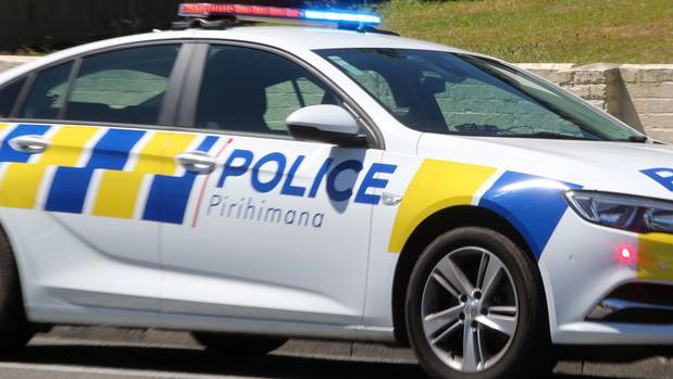
Taranaki iwi community checkpoints at the northern, eastern and southern boundaries of the region will begin to query travellers on the roads tomorrow as the country enters alert level 3.
Iwi representatives say the checkpoints will be operating with support from Taranaki police in Urenui and Patea, and a mobile police patrol will be operating at the eastern entrance to Taranaki along the Forgotten Highway (SH43).
The checkpoints mean that people who are travelling into Taranaki will be queried about their reasons for being on the road and for travelling into the region.
If travel is deemed unnecessary or non-essential, travellers will be asked to return home and be provided with information on Covid-19 alert-level expectations.
Chairman for Te Rūnanga o Ngāti Mutunga Jamie Tuuta said the checkpoint is aimed at enhancing the efforts already underway to prevent the spread of Covid-19 within the Taranaki rohe.
"By supporting iwi volunteers to safely manage and monitor those who seek to travel into Taranaki, the eight iwi of Taranaki can feel confident that we're all doing our part to play an important role in ensuring our most vulnerable are protected."
While there may have been relatively low numbers of confirmed Covid-19 cases in Taranaki - 15 now, including a confirmed case this weekend - supporters of the checkpoint say there has also been limited testing in the region, especially in rural and vulnerable communities.
"Until the presence of Covid-19 across our region has been established or ruled out, especially given another case has just been confirmed in Taranaki, we need to ensure we protect those vulnerable communities and that we have an ability to track travel movement into Taranaki," Debbie Ngarewa-Packer, Kaiarataki for Te Rūnanga o Ngāti Ruanui, said.
Police Commissioner Andrew Coster recently said police did not encourage Covid-19 checkpoints set up by communities, and that police were making sure they were not preventing any lawful use of the road.
"Working in partnership with the local authority, the local Civil Defence emergency manager, local Iwi, community groups and police, we will assess whether checkpoints are needed or if there are other solutions."
If checkpoints for vulnerable communities are deemed necessary for the overall safety and wellbeing of a community, they:
- Will be operated by district police alongside community members.
- Will be conducted in a safe manner, according to police operational guidelines and practices.
- Will be guided by the relevant alert level status as set out in the Government's Covid-19 response.
- Will not restrict access for people moving through for legitimate purposes.
"We recognise that community efforts to stop the spread of Covid-19 are motivated in the interests of the wider community," Coster said.
"However, police must protect people's fundamental right to freedom of movement around their region for legitimate purposes."
The topic was debated by the Epidemic Response Committee last week.
National MP Gerry Brownlee questioned private roadblocks springing up around the country preventing people from travelling to other areas.
He claimed a 70-year-old had been stopped from travelling to buy milk by a gang member wearing a hazard jacket telling him to go home.
"Is that appropriate or should that be entirely left to the police?" Brownlee said.
Police Minister Stuart Nash said: "That is certainly not appropriate, I would say, but I don't know the circumstances.
"What I would say in certain areas up the coast there are some really isolated communities where there is one road in and one road out.
"They are isolated not only from large urban areas but also from healthcare facilities.
"Where these checkpoints can operate with the blessing of police, of the local community, of the local council and key stakeholders then I am quite comfortable for them to happen."
But "ratbags and renegades" doing so without that support would be taken seriously by the police, he said.
"It's really horses for courses. When people are trying to block main arterial routes, that's not on."
Take your Radio, Podcasts and Music with you









